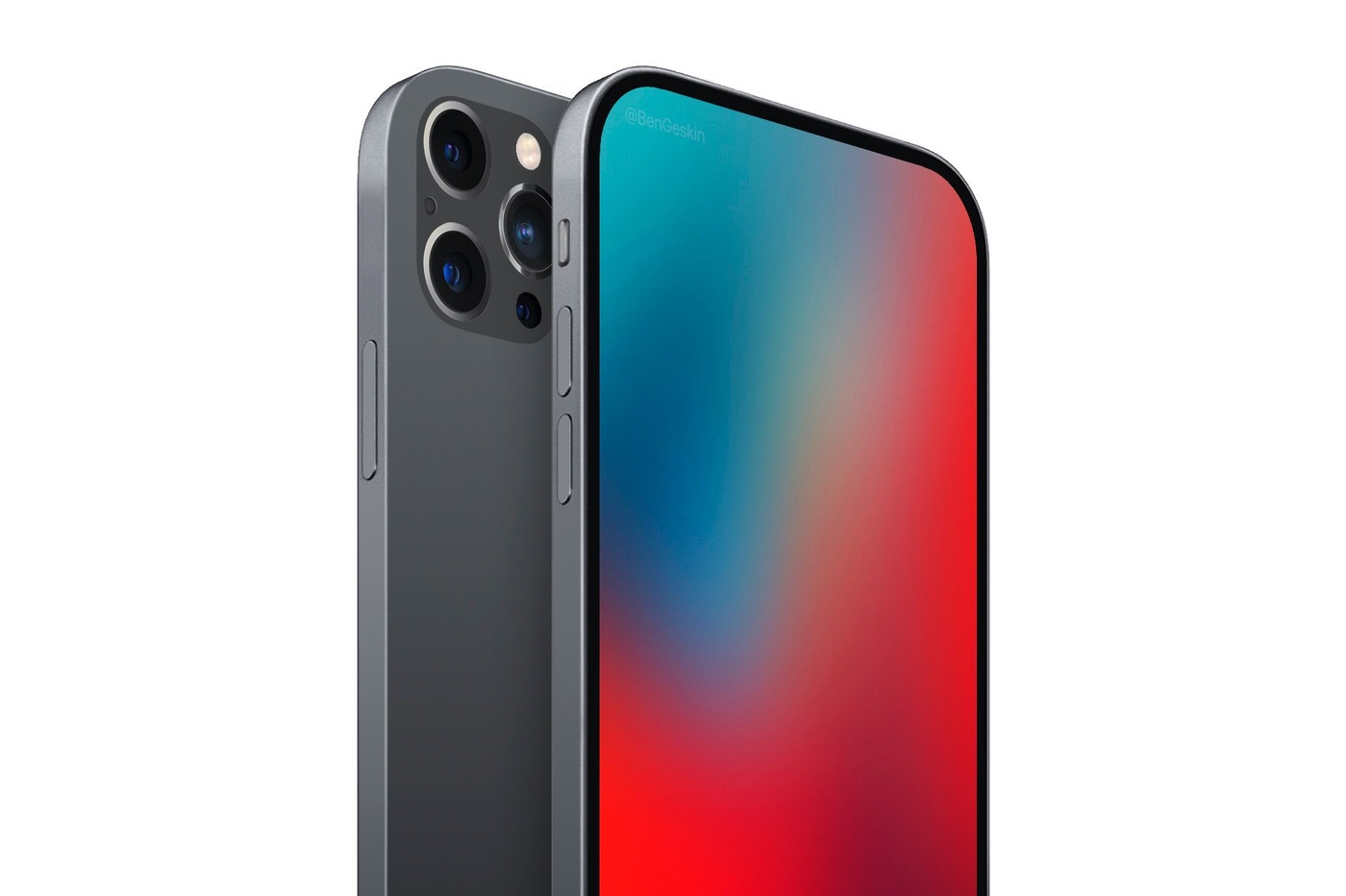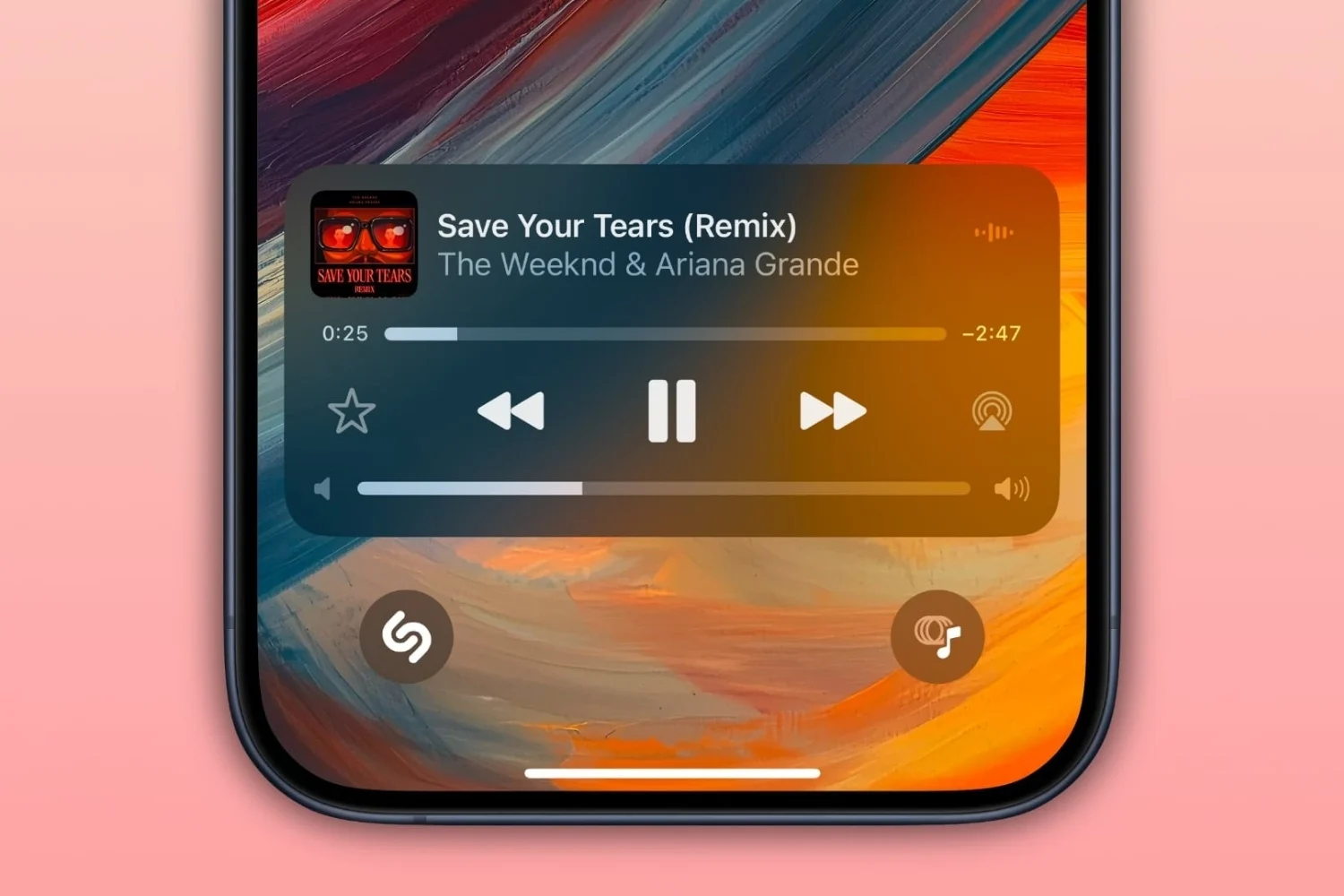Today, most browsers allow you to use the search bar, often installed at the top of the interface, to respond to queries via Google, Bing or even DuckDuckGo. But Arc, an alternative to Chrome or Mozilla Firefox led by Josh Miller (Patreon board member), doesn't see it that way. The platform now allows you to replace your traditional search engine with… ChatGPT! A good way for those who don't really know how to use Google and continue to type complete sentences into it, to finally find the right fit.
ChatGPT, the flagship artificial intelligence app, has just celebrated its first anniversary, and already has hundreds of millions of users across the globe. Its progress in this area will even have set a growth record, only a few weeks after its release. Today, more than seven hundred employees work for its success, all under the control of its number one: Sam Altman. Recently, the leader will have beenthankedby its main shareholders, before finally quickly coming back on board under pressure from employees.
Arc: the differences with Safari
Our readers mainly work on Macs, so let's do a quick comparison between the Arc browser and Safari, the latter being natively installed on all Apple computers but also on iPhones and iPads.
First of all, Arc aims to be dedicated to multitasking and allows you to create real working environments for each of the users' projects. For example, we can imagine dedicating a space to work, another to listening to music at the same time, then a third to personal tasks and finally a last one to aside project. An operation which, of course, is reminiscent of that oftab groupson Safari.
With this, note that the Arc browser is completely customizable. Internet users can, for example, choose the background color of the browser, which this time echoes the value proposition of an alternative that also made the headlines recently: Quiche Browser.
A shot in the dark?
Despite everything, Arc is trying to find a place for itself in a market that is still far from being able to leave room for a newcomer among the big names in the sector. For ten years, apart from Microsoft Edge (but which replaced Internet Explorer), no browser has managed to climb into the top 5 of the most used tools for surfing. Today, it is therefore still the software from Redmond, Google Chrome, Mozilla Firefox, Safari and Opera which monopolize the top of the ranking.
Recently, alternatives like Brave, Station or even Vivaldi have indeed appeared among consumers.early adopters. But never beyond.

i-nfo.fr - Official iPhon.fr app
By : Keleops AG






